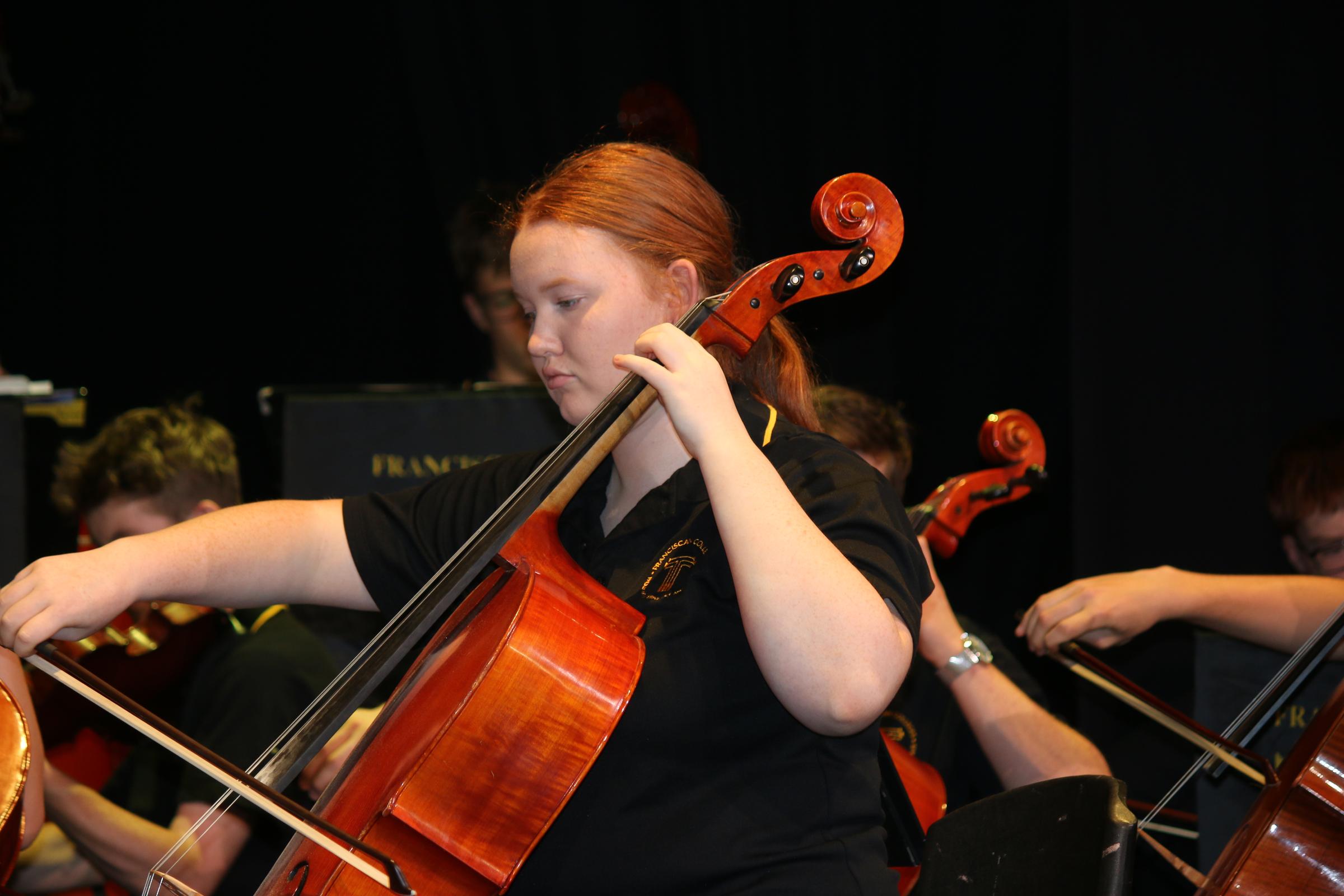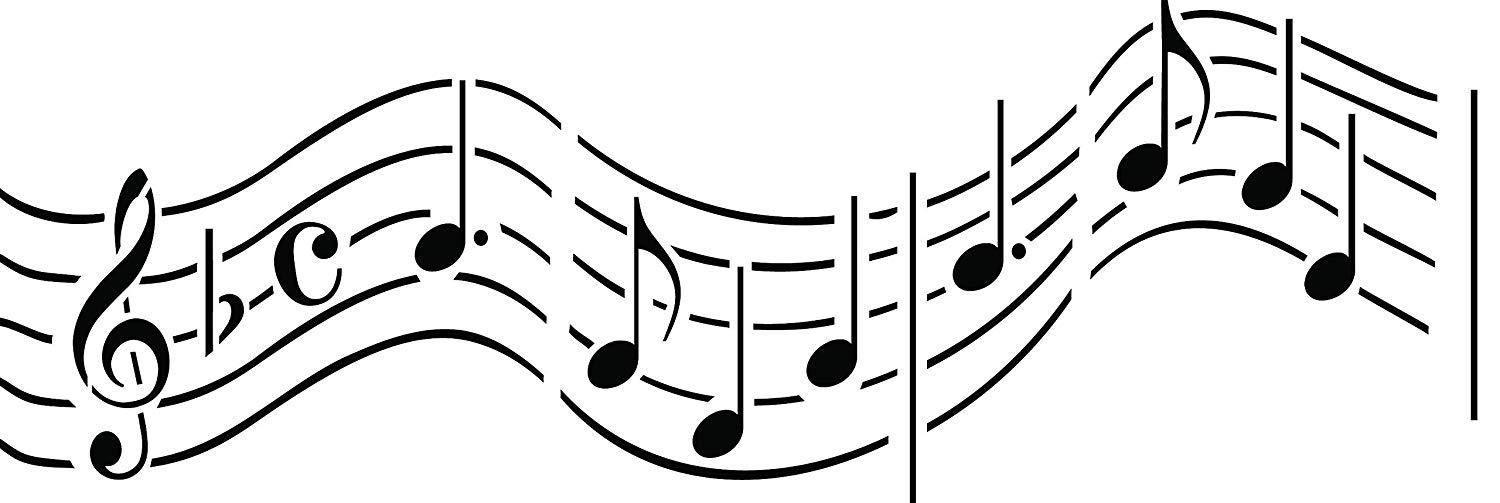Don't Stop the Music

The ABC has commenced a two-year campaign sharing the importance of music education for Australian children through the documentary – Don’t Stop the Music. This significant documentary highlights the substantial and positive impact music has on students, families, and more broadly communities. Music not only plays a role in the cultural literacy of our society, but also contributes to the development of the brain and the whole person. The documentary highlights why music and music education need to play a core role in any holistic approach to education.
Dr Anita Collins’s research focuses on neuroscience and music education, and she has found music has the greatest impact on language development and executive function - more than any other activity. Given that this is the case, there is a concerted push to ensure music education is part of the national agenda with as many Australian children gaining access to an effective music education program as possible. It is a combination of both the music and the synapse connections made in the brain that garner results.
We are blessed at Mount Alvernia that music is an important part of our curriculum offerings. St Francis was a “music and mountains” man, and we value music as a key part of our holistic approach to education. Our classroom music program is centred on the evidence-based Kodaly methodology and our educators are national and international experts in this field. Our choral and instrumental programs are some of the finest in the state and provide opportunity for our young women to develop their musical skills in a variety of contexts. We believe music is vital!
So why study music? The below seems to sum it up well:
Music is a Science; it is exact, specific, and it demands exact acoustics. A conductor’s full score is a chart, a graph which indicates frequencies, intensities, volume changes, melody, and harmony all at once and with the most exact control of time.
Music is Mathematical; it is rhythmically-based, sub-dividing time into fractions which must be done instantaneously, not worked out on paper.
Music is a Foreign Language; most of the terms are in Latin, German, or French; and the notation is certainly not English. It is a highly developed kind of written script that uses symbols to represent ideas and communicate meaning.
Music is History; Music usually reflects the environment and social history of its place of origin.
Music is physical education; it requires fantastic coordination of fingers, hands, arms, lip, cheek, and facial muscles, in addition to extraordinary control of the diaphragmatic, back, stomach, and chest muscles, which respond instantly to the sound the ear hears and the mind interprets.
Music is all these things but most of all…
MUSIC IS ART
It allows a human being to take all these dry, technically difficult techniques and use them to create emotion. That is one thing science cannot duplicate: humanism, feeling, emotion.
This is why there is Music
- Not because we expect you to major in music.
- Not because we expect you to play or sing all your life.
- Not so you can relax.
- But…
So you will be human.
So you will recognise beauty.
So you will be sensitive.
So you will have something to cling to.
So you will have more love, more compassion, more gentles, more good.
In short – more life.
Of what value will it be to make a prosperous living unless you know how to live?
Further information about Don’t Stop the Music can be found here: https://www.abc.net.au/events/dstm/

